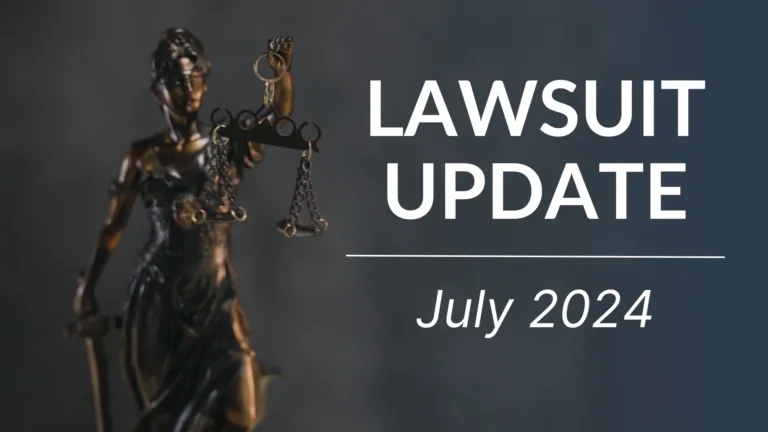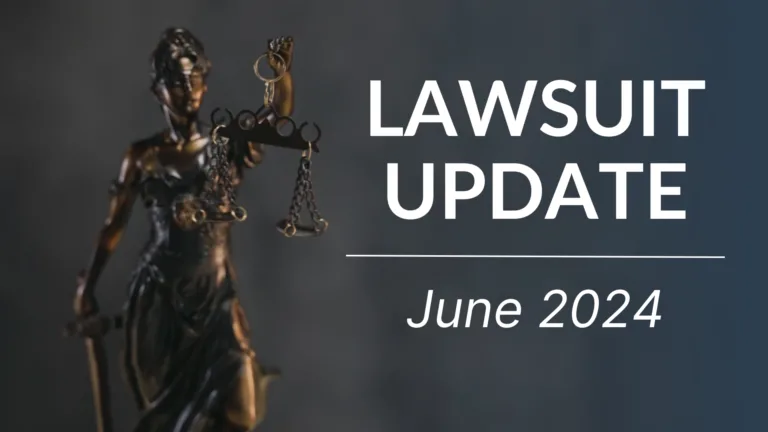“A bank has an equitable right to set off a matured debt, owed the bank by a depositor, against funds in the customer’s demand deposit account.” This principle is the basis for understanding Bank Setoffs.
In plain English, this means that if you owe a bank money, they generally have a right to take that money out of your bank account to pay off the debt. This is known as the “right of set off,” or “right to set-off,” and is ancient English Common Law.
However, this has resulted in cases where consumer bank accounts were routinely “cleaned out” by banks, leaving low-income and middle-class consumers with no money to pay bills, or eat, etc. . .
Therefore, certain states, including California, have enacted laws to protect consumers against bank setoffs. In California, the right to setoff is limited by various laws and cases, including California Financial Code Section § 1411, which states that certain procedures must be followed.
For example, the dollar amount seized by the bank must not result in less than $1000 remaining in the account, in addition to strict notice requirements that the bank must follow. See generally Cal Fin Code § 1411 (b)-(d).
Despite the clear requirements of the California law on this topic, our law firm has received first-hand complaints about this practice, and we are now investigating the matter. If you bank in the State of California, and you have suffered a “setoff” against your account, by your own bank, you are urged to contact the law firm of Audet & Partners, LLP. We are interested in talking to consumers who have had this happen to them, and all conversations are confidential. You may call us toll-free at 800.965.1461, or you may contact us using the simple and confidential form on this page.



